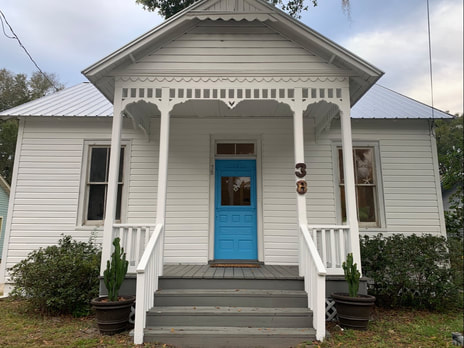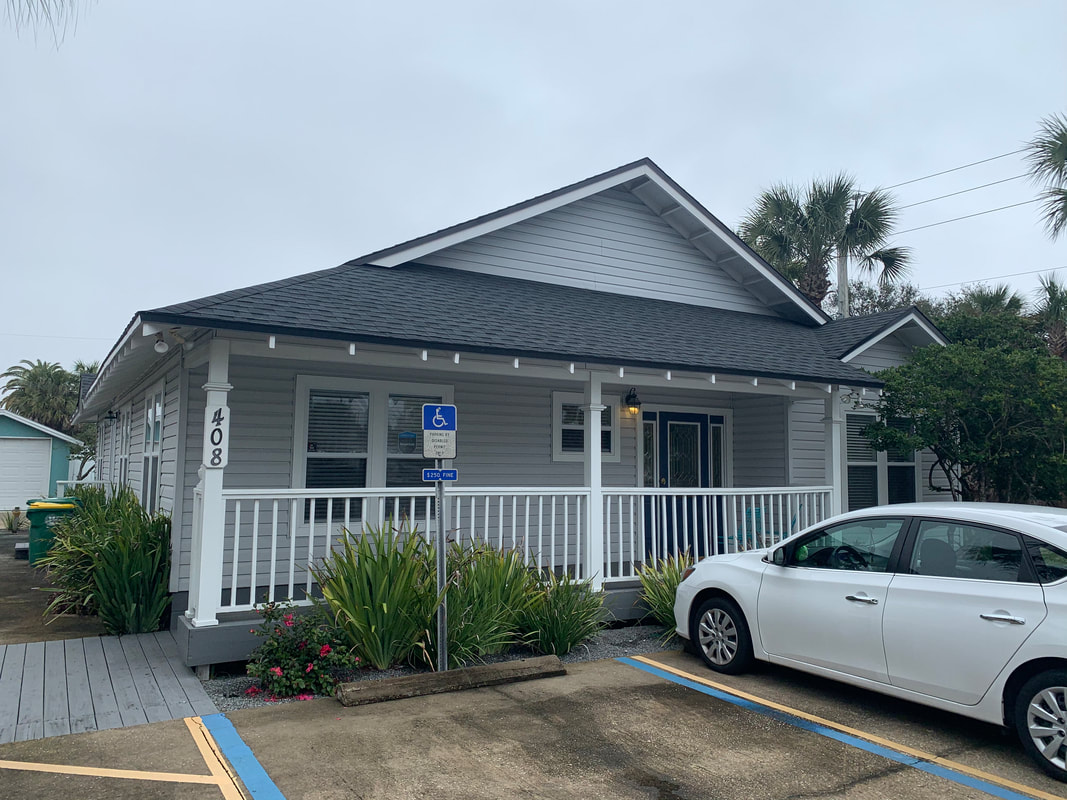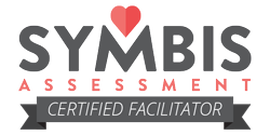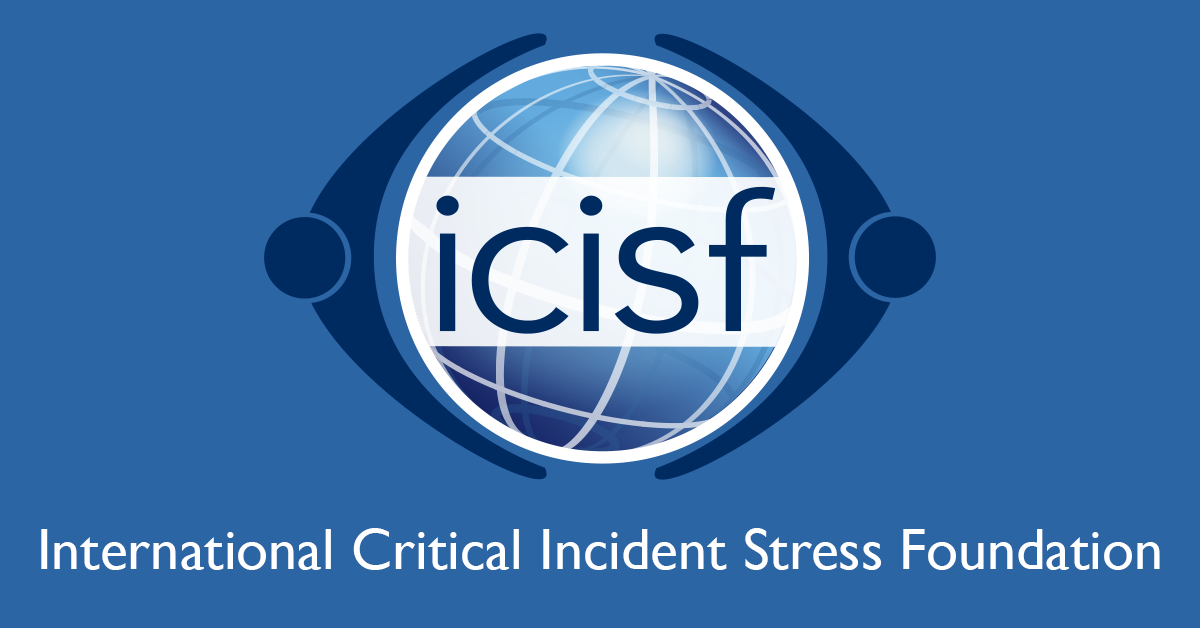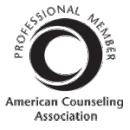|
by Hayne Steen Let me begin this by asking a few questions;
Let’s face it. We’ve all been there. On both ends of hurt, we have each been the offender and the offended. Every day we endure hundreds of little and no so little losses that over time can accumulate like cholesterol. Words get exchanged. Feelings get felt. Silence gets deployed. Words get withheld. Messages get mixed up. Memories get messy. Our body holds that hurt. Grief is our body's logical mechanism for managing the loss. When we refuse or don’t know how to grieve, that hurt turns into resentment. Think about that word. Resentment. Re-sentimenting. Re-feeling. We are hard wired for hope. That’s why we “re-feel” things. Over and over, we attempt to digest our hurt. We are determined to feel it over and over and over again, with the expectation that it will crunch up the memory once and for all. Have you heard this saying before? "Unforgiveness (aka resentment or undealt with hurt) is a poison we drink hoping it will poison the other person or offending party." Hurt demands healing. Our bodies won’t leave us alone until we do. Just like a death, we hunger for healing and relief from our pain. When an injury has taken place in a context of relationship, the only way for us to heal is the same way we were injured. We heal the way we were hurt which is why we resist it so much. Someone has already broken our trust or confidence so the least logical next step is to trust someone else. It’s far more safe to remain in the hurt than to risk in relationship, with the one who hurt us or someone else. When we do not pivot toward healing, we remain stuck in resentment which guarantees that we will begin to over identify with our pain. In order to talk about healing resentment, we’ve got to talk about grief and forgiveness. Grief is a process that we go through in order for our brains, bodies, and souls to accept the reality of what or who has been lost. Like I said, we sustain hundreds of losses every day. People are notoriously injured when;
We all have the capacity to hurt and be hurt. The good news? We all have the capacity to heal. Grief is this incredible piece of technology that were made with in order to navigate life in a tragic place. Another beautiful piece of technology at our disposal is forgiveness. Both of these have the power to set us free, if we will engage them. One of the best ways to engage grief and forgiveness are in a context of trust. This is why counseling can often be such a powerful tool to utilize. It is a laboratory where we have permission to experiment with the toxicity of our hurts, feel what we need to feel, own what we need to own, lay down what needs laying down and move toward whomever we need to move toward. Grief allows us to forgive. We do not want to live with unattended heartache. It will poison us from the inside out. When we are stuck in hurt and heartache we will make attempts to invite others INTO our pain. Forgiveness, though, can allow us to no longer be bound by or stuck in that hurt or loss. It can open us up to more wisely and freely give of ourselves. We all need time to grieve in order to give ourselves away again. And with enough willingness, patience, work and time, we can feel the freedom of unburdening. May you find some space to sit still enough to notice and name your own unattended heartache. And may you find a waymaker, someone who can sit as a quiet presence with you and hold space for you and your resentment as you lean into your own unique healing process.
2 Comments
by Hayne Steen There are seasons when life that can be extremely intense. It does not matter whether you are an entrepreneur, a pastor, a first responder, a psychotherapist, a missionary, a pilot or an oncologist. Not every profession shares the same exact kind or threat level of trauma but each of those mentioned above brings with it the likelihood of experiencing some form of trauma, whether actual or vicarious. And even with a well designed and executed plan for self care, our bodies, minds, and souls can still experience significant break down from the prolonged stress. A Soul Care Intensive is simply a guided way of helping your body to slow down, to relinquish being so necessary for a period of time, helping your mind to be at rest, helping your heart enter into an open and spacious time of listening, and for your soul to be replenished. If there is anything intense about a Soul Care Intensive, it is the detoxing that occurs when we lay down the many forms of busyness that have become so intoxicating. Purging all those poisonous patterns can feel rather intense because a body in motion wants to stay in motion. We have all become addicted to many forms of busyness and accomplishment, pointing to impressive outcomes that do not and will not satisfy the soul. Busyness is not bad. Toxic busyness will corrode us from the inside out while everyone cheers us on from the sidelines to keep going. The gift of a Soul Care Intensive is the opportunity to unlearn that toxic pattern and re-learn what it can mean to slow down, to truly be fully present with ourself and with God. One wise counselor in my life described, “Christians have plenty of well formed Orthodoxy (knowledge ABOUT God) and scads of Orthoproxy (service FOR God) but we are starved of Othopathy (experience WITH God). This same wise sage went on to tell me, “If we had more experience with God, it might actually inform what we believe about God and what we agree to do for God.” In essence, we all need something like a Soul Care Intensive from time to time to help us attend to those easily malnourished dimensions of our lives. Who is the ideal candidate for a Soul Care Intensive? YOU. If you have read along this far, and if any of it resonates, you are likely the ideal candidate. So what does a Soul Care Intensive look like? A Soul Care Intensive most often kicks off on a Monday morning and wraps up on Friday afternoon. We meet for 3 hours every morning for five days and you are provided with some self guided spiritual exercises every afternoon with the evenings to yourself, by yourself. Prior to the intensive you will be sent several assessments to complete, along with some short reading, audio and video to digest. You will also want to explore some form of inexpensive lodging like an AirBNB which there are many of in our nation’s oldest city. Travel, lodging and food are not included in the Soul Care Intensive fee, so we can help you consider where you might like to stay in order to have the most restful and life giving experience while you are here. On the back end of a Soul Care Intensive, it is my practice to schedule at least one follow up session to check in with each retreatant one month following their intensive experience. Many often schedule monthly spiritual direction that we can facilitate using an online video conferencing platform.
by Hayne Steen Why do we resist what we know is so good for us? We know a walk on the beach is good for us, even restorative to our soul, yet we still can tell ourselves, "I don't have time for a luxury like that!" There is a hunger in the human heart for beauty. When we deprive ourselves of the experience of spending extended time in a context of beauty and wonder, our souls shrink. When our souls shrink, we become vulnerable to the disease of despair. We begin to believe the lie. Every future day is doomed to be like every one of our worst days. What can rescue us from the soul shrinking disease of despair? Some believe accomplishing more will take away that ache. Others think earning more money will cure it. Yet still some believe having more stuff will solve it. What is the enemy of true soul rest? More. Ted Turner was interviewed years ago at the height of wealth. When asked how much money was enough, he offered a simple but painfully honest answer. "Just a little bit more." When we resist the temptation to succumb to our addiction to "more" we can begin to reach for the pause button. We need to climb out of our wardrobes of self importance into something a little more comfortable, like maybe a bathing suit and some flip flips. Let's ask this question again...what CAN rescue us from the soul shrinking disease of despair? Walking barefoot on the beach. Reading a good novel. Journaling your desires. Listening to bird song. Going for a bike ride. Building a bonfire. Handwriting a letter to an old friend. Go to the circus. Shop at the local farmers market. Do something you've never done before. These are just a handful of practical ways we can begin to remind ourselves that we are not defined by how much "MORE" we can accomplish, earn, or have. We have been given unclaimed treasure in Dallas Willard's divine invitation to "ruthlessly eradicate hurry" from our lives. If momentum robs the human soul of intimacy, the power of pause becomes the well worn wagon trail to our soul's flourishing. Our soul knows the way, if we'll give it permission. May you find physical spaces of beauty and wonder, and may those lead you inward to enjoy the beauty and wonder within you.
What does it mean to be fully human?
On a day like today, there could be no more appropriate question. We can not celebrate the birth of Jesus without the awareness that for some reason, God took on human form. He came near to us. Could it mean we are born vulnerably into circumstances we do not choose in order to rely on caregivers whose nurture we can not provide for ourselves? Nashville based therapist and author, Chip Dodd, says, "We are born with the desperation of hope and the courage to cry out. Over time, the world beats both of these out of us." To be human, then, demands a restoration of hope and heart. I love the scene when the shepherds catch wind of the birth of Jesus. Luke's Gospel records their response beautifully. See if you can sense their hopeful hearts! "Let’s get over to Bethlehem as fast as we can and see for ourselves what God has revealed to us.” They left, running, and found Mary and Joseph, and the baby lying in the manger. Seeing was believing." —Luke 1:15-18 These humble Shepherds are among the very first to eyewitness the vulnerability of God so closely. They had been surveying the scriptures and the skyline for decades. What had been told by sages they now witnessed for themselves. "All of this occurred to fulfill the Lord’s message through his prophet: “Look! The virgin will conceive a child! She will give birth to a son, and they will call him Immanuel, which means ‘God is with us.’ —Matthew 1:22-23 NLT So what does any of this teach us about being fully human? Let's hear what 2015 Templeton Prize Laureate, Jean Vanier, says as he speaks on this Big Question: “What does it mean to be fully human?” |
ELBOW TREEArchives
July 2023
Categories
All
|

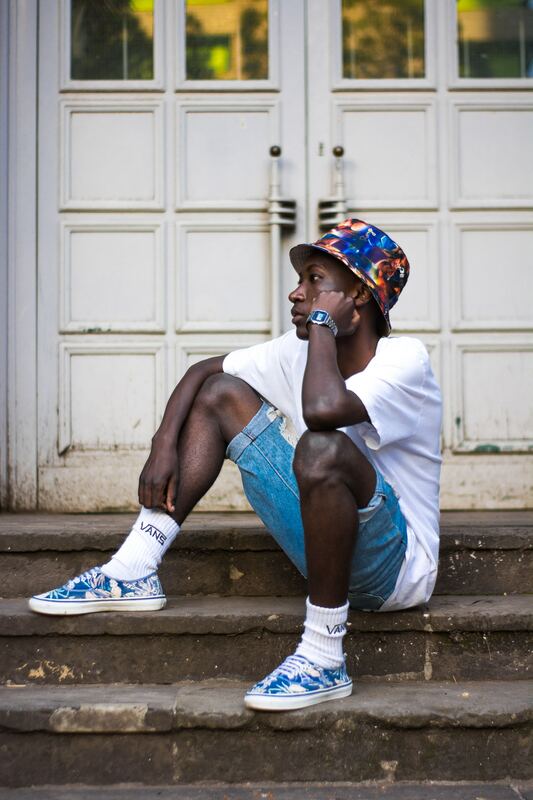
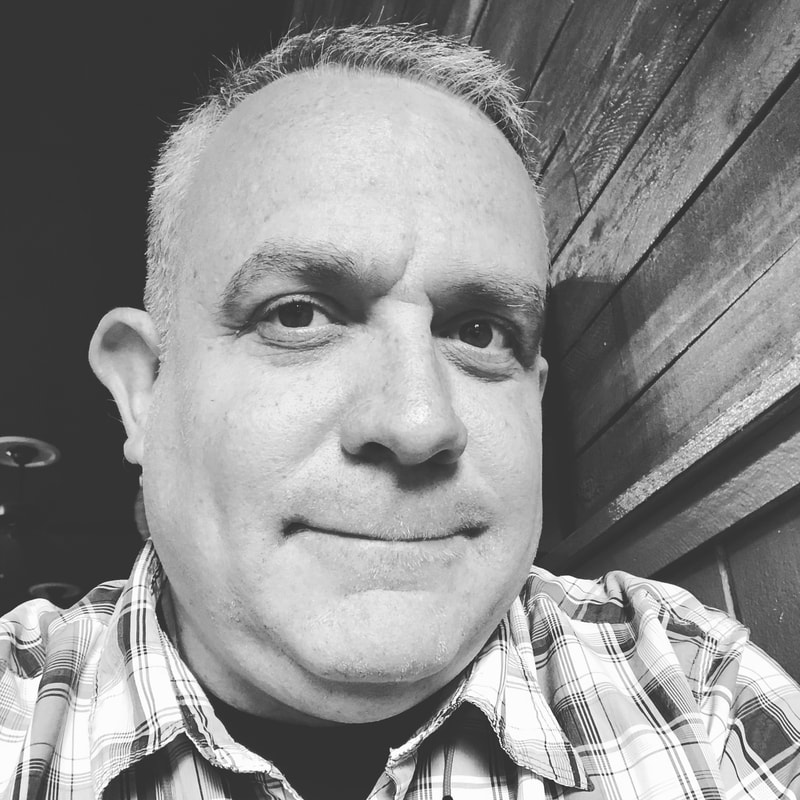

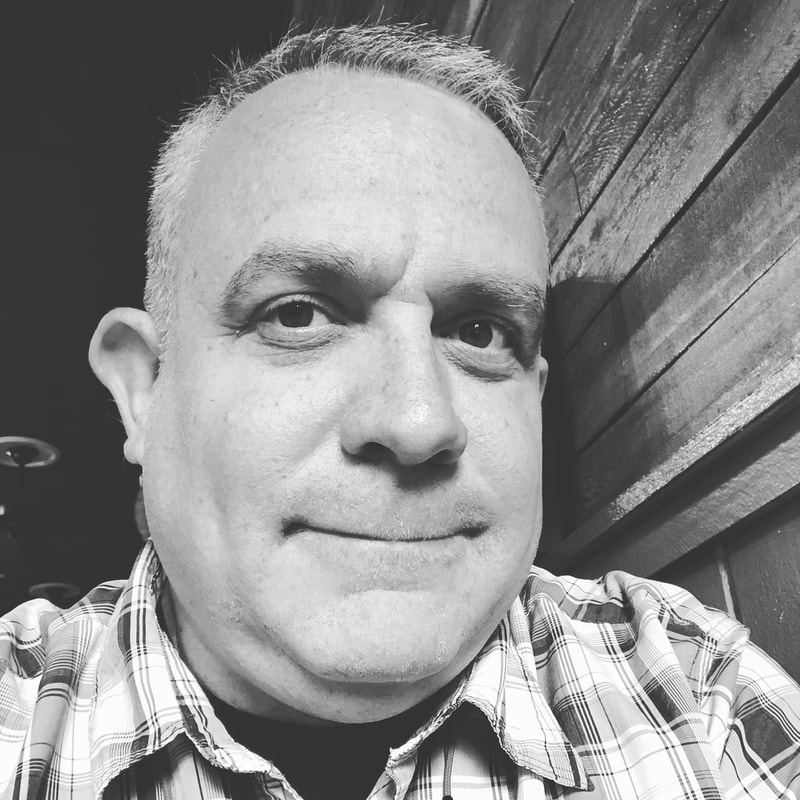

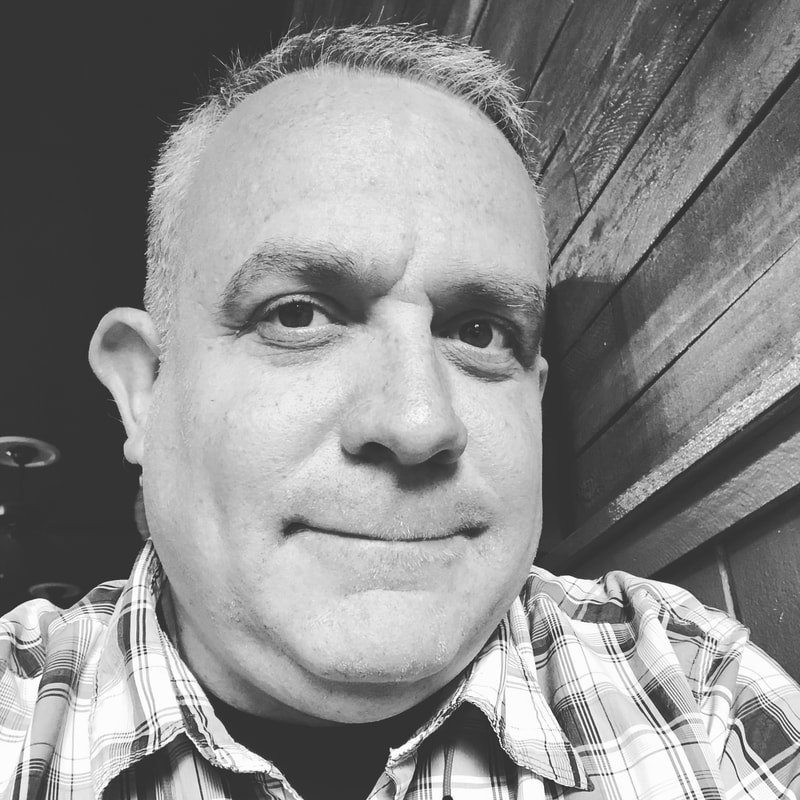
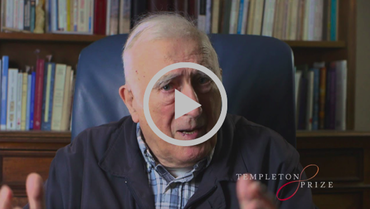
 RSS Feed
RSS Feed
